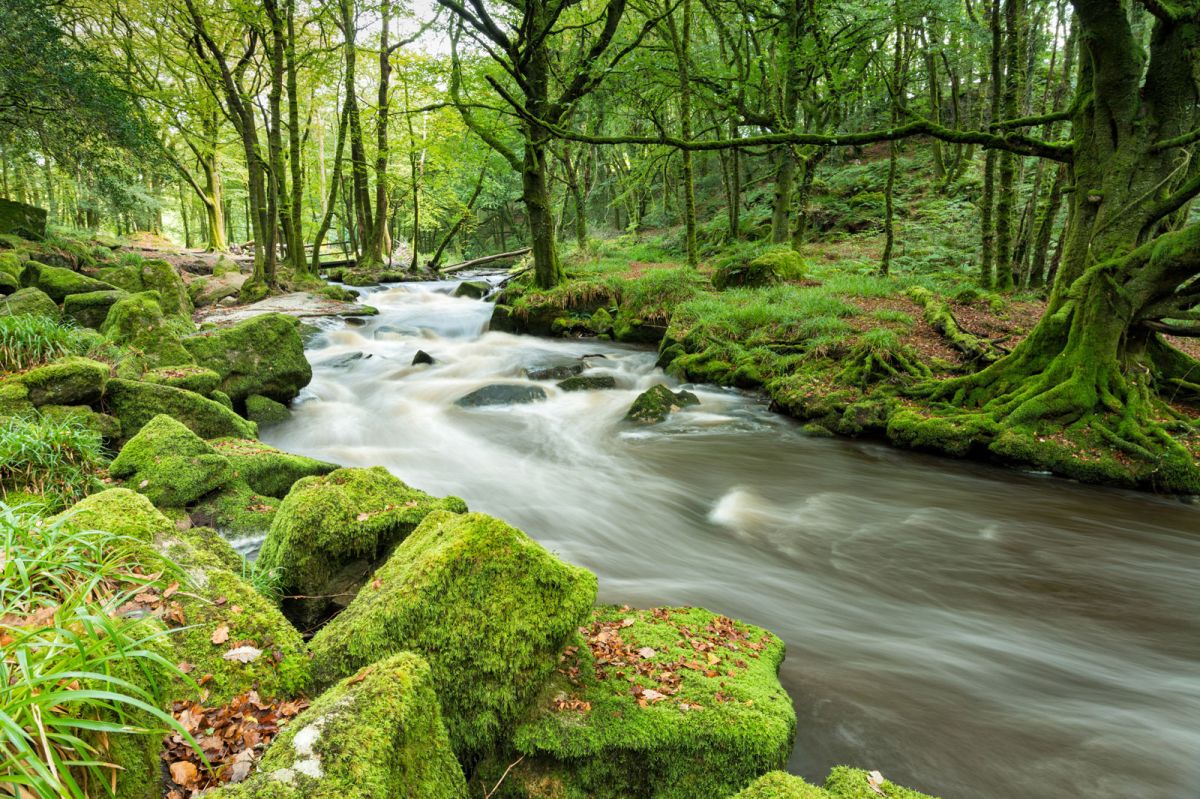Ireland supports revised Nature Restoration Law at EU Environment Council

At the meeting of the EU Environment Council in Luxembourg, agreement was reached on a general approach that will serve as a mandate for negotiations with the EU Parliament and Commission (known as trilogues) on the final shape of the legislation. Key elements of the Council proposal include:
- A definition of rewetting that allows each Member State to determine for itself how best to achieve the targets as they relate to national circumstances.
- New provisions relating to the development of renewable energy within a nature restoration context.
- Targets for cities and urban areas, such as increased tree canopy cover to help keep streets cool.
- Further targets for marine ecosystems, rivers, pollinator populations, agricultural ecosystems and forests.
The Irish Government has made several drafting proposals throughout the negotiations to ensure the best fit for Ireland’s nature and people, taking account of the particular landscape, seascape, land use, climate, challenges and opportunities for nature restoration in this country. Ireland’s contributions have also underlined the important role that agriculture and food production holds, both economically and culturally, and the need to balance the future of viable farming with the restoration of nature.
Commenting, Minister Noonan said: “I believe that the text agreed is a balanced and positive one that will benefit nature and people right across Ireland. The Irish Government has worked collaboratively at the national level and with its partners in Europe to ensure that the EU Council’s proposal is ambitious and implementable.” He added that it will see increased investment in rural Ireland through voluntary and well-resourced schemes, while also bringing back wildlife and restoring wild places so that they can continue to provide us with the many ecosystem services that we depend on.
Minister Ryan added: “Ireland supports the text presented today by the presidency and thanks the Swedish team, and colleagues in the Member States, as well as the Commission for their tireless work in getting this proposal to the table today.
“In planning how we will implement the regulation, when adopted, we fully recognise the numerous stakeholders that need to be involved, including our farming and fishing communities. They see the realities of biodiversity loss and climate change first-hand and its impacts on the everyday running of their businesses. Restoring nature is something many Irish farmers are already engaged in through our current and future agri-environmental schemes, such as ACRES and organic farming. The Government will continue to support them to take these actions so they can prepare for a sustainable and resilient future.”
The European Parliament’s Environment Committee will vote on June 27 followed by a vote by the entire European Parliament in July. Following this, the European Commission, Council and Parliament will enter negotiations. Ireland will then have a two-year window to prepare a national plan covering the period 2026-30.





